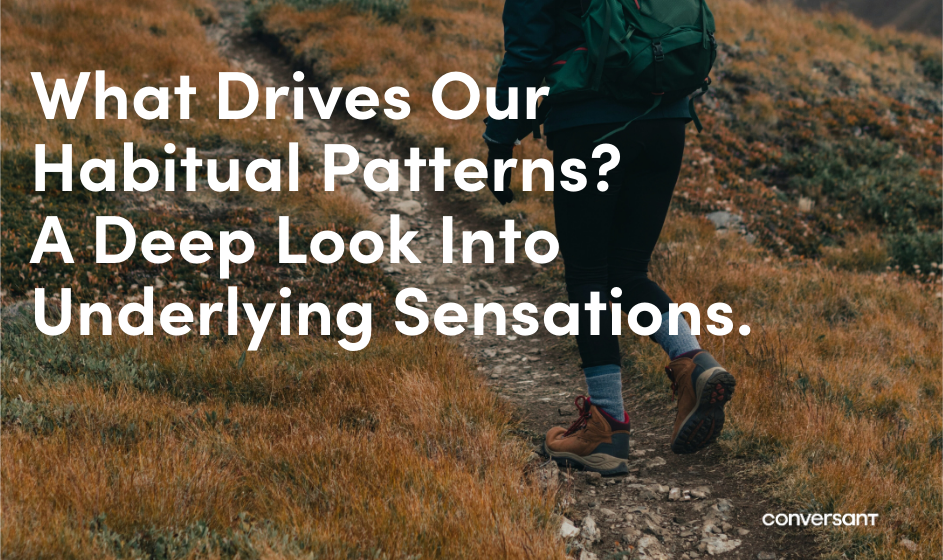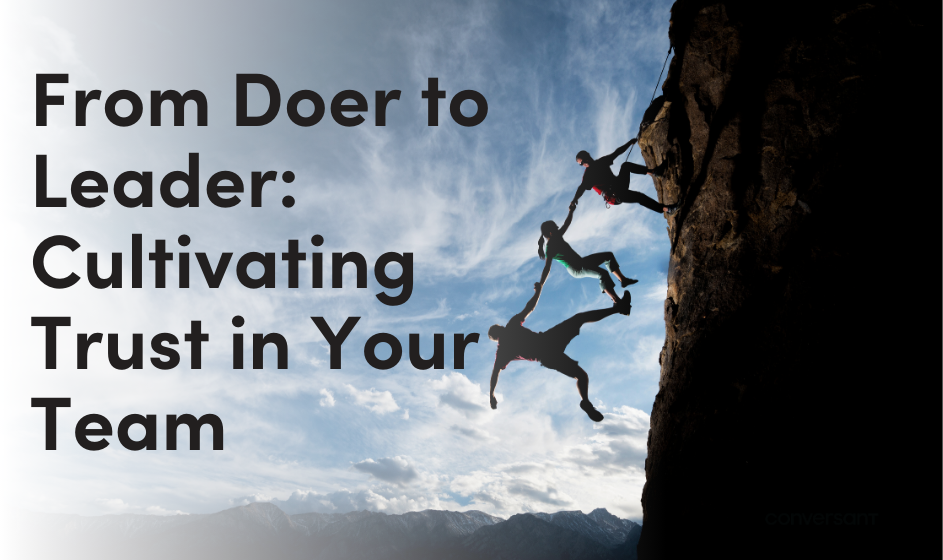Even before Covid-19 hit, there were signals of an emerging mental health crisis. The statistics[1] tell the story:
- 62% of managers have had to put the interests of the organisation above staff wellbeing at least sometimes, regularly or daily
- The cost of poor mental health to the UK economy increased 16% from 2018 to 2020
- 51% of people are uncomfortable talking about the topic generally
- 70% of managers say there are barriers to providing support for mental health
The way we traditionally deal with mental health in the workplace has a lot in common with how we responded to Covid-19. We lock down—isolate the “anomaly,” defer to experts to fix the problem, wait for everything to go back to “normal” and hope it will stay that way. Deep down we know this approach is not sustainable.
Fear, avoidance and whack-a-mole fixing all serve to drive mental health to the shadows. These reactions perpetuate stigma, discrimination, ignorance and organisational silence, resulting in higher rates of absenteeism, presentism, low engagement and poor performance, not to mention human hurt. In the UK alone, the estimated real costs of poor mental health to employers is between £42 and £45 billion each year, with 17.5[2] million days of lost productivity in 2018 alone.
By all reports, this pandemic has aggressively accelerated the implications of personal health for organisations, becoming a significant concern for leaders worldwide.
But what if we saw mental health not as a viral pandemic showing up in our workplaces, but as a “canary in the coalmine” – a litmus test for underlying workplace vitality and performance, not something to shun but to decipher?
Instead of avoiding the realities of mental health and its impact, we should unravel its expressions across the workplace, gaining insight into our real work climate. If we uncover the triggers for stress at work and observe our ability to respond to that stress, we can better highlight the inner workings of our culture and the capacity of our leaders while learning how to further adjust the levers of organisational resilience and vitality.
Our hypothesis: if you want to foster cultures of diversity of thinking, inclusion, innovation, efficiency, confident contribution and rigour… start by welcoming authentic dialogue about wellbeing and mental health in the workplace. Staying awake to expressions of mental health challenges is not only the compassionate and humane thing to do, it can also guide us towards building systems that better support individual and social health, unlocking powerful intelligence and expediting organisational vitality and performance.
So, where do we start? What practical steps can leaders and their teams take today to invest in this future? We’ll be exploring these questions and more in future editions of this blog series, so stay tuned by signing up for the Conversant newsletter or by following us on LinkedIn.
If there’s a challenge you’re facing related to mental health and wellbeing in the workplace, or if your team has discovered an effective way to stay connected and take care of one another, let us know in the comments below. We’ll be collecting your questions and insights so we can explore the questions that are most valuable to you.
[1] “Time to Take Ownership – Mental Health at Work 2019,” Business in the Community (BITC)
[2] “Mental Health and Employers: Refreshing the case for Investment,” Deloitte January 2020




